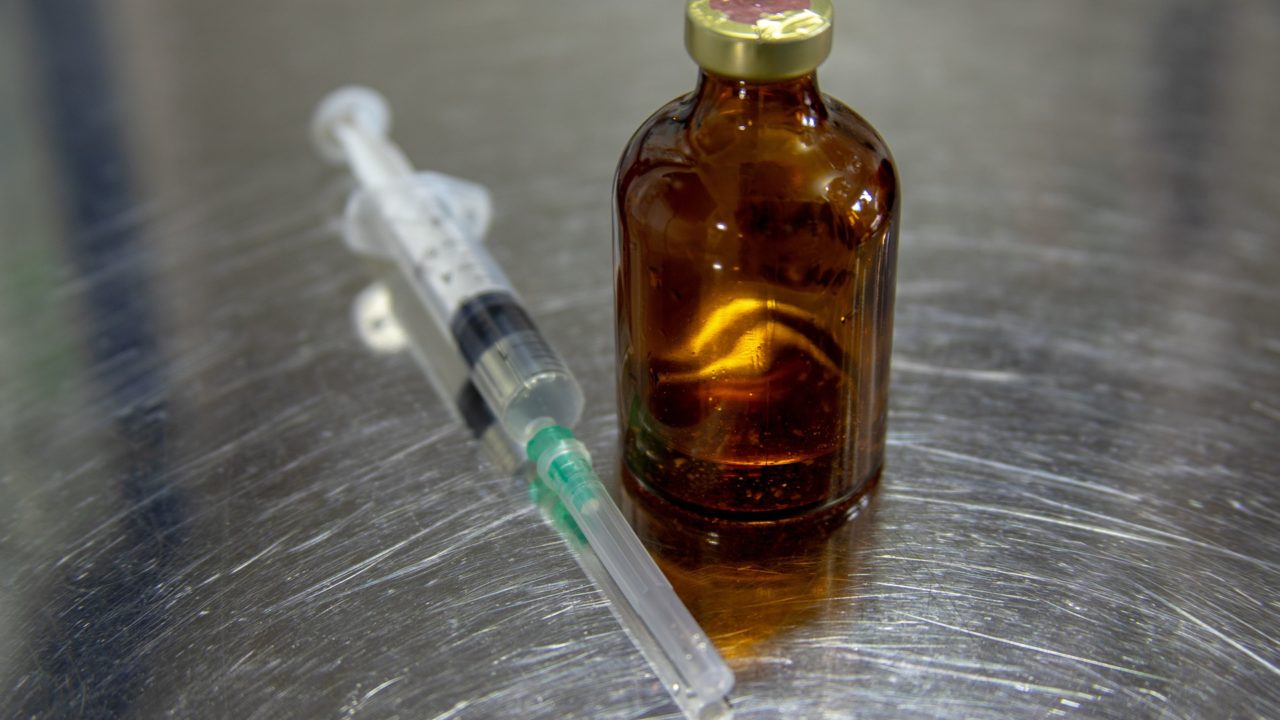The transition period for the requirement of a veterinary prescription has been extended, the Department of Agriculture, Food and the Marine (DAFM) has announced today (Wednesday, November 23).
The transition period for the implementation of a requirement for a veterinary prescription to dispense anti-parasitic medicines, and the introduction of mandatory electronic prescriptions was scheduled for December 1.
An implementation date will be announced once the legislative process is finalised, the DAFM has confirmed.
The extension affects the current deferral for the requirement for a veterinary prescription for anti-parasitic products, and the introduction of the new electronic National Veterinary Prescription System (NVPS).
It will remain in place until the legislative process in the Oireachtas regarding the Veterinary Medicinal Products Medicated Feed and Fertilisers Regulation Bill has been completed.
Veterinary medicine
The Joint Oireachtas Committee on Agriculture, Food and the Marine recently made 19 key recommendations to the bill that will introduce significant changes to the regulation of veterinary medicine and the registration of fertilisers in Ireland.
The bill will repeal the Animal Remedies Act 1993 and modernise the legislation that governs veterinary medicine and also amend the Fertilisers, Feeding Stuffs and Mineral Mixtures Act 1955.
The proposed bill would also align Ireland to European Union (EU) regulations.
The committee’s report highlights a number of its concerns regarding the proposed new regulation bill, and Deputy Jackie Cahill warned that implementation of the bill in its current form would have a “myriad of effects”.
“The committee is concerned of the potential lack of market competition that this bill could create with regards to the dispense of veterinary products, and the possible impact of cross-border trade under different regulatory regimes.
“It is imperative that farmers are in a position where they can continue to look after the health and welfare of their animals and make a viable living as they move towards more environmentally friendly practices,” Deputy Cahill said.
